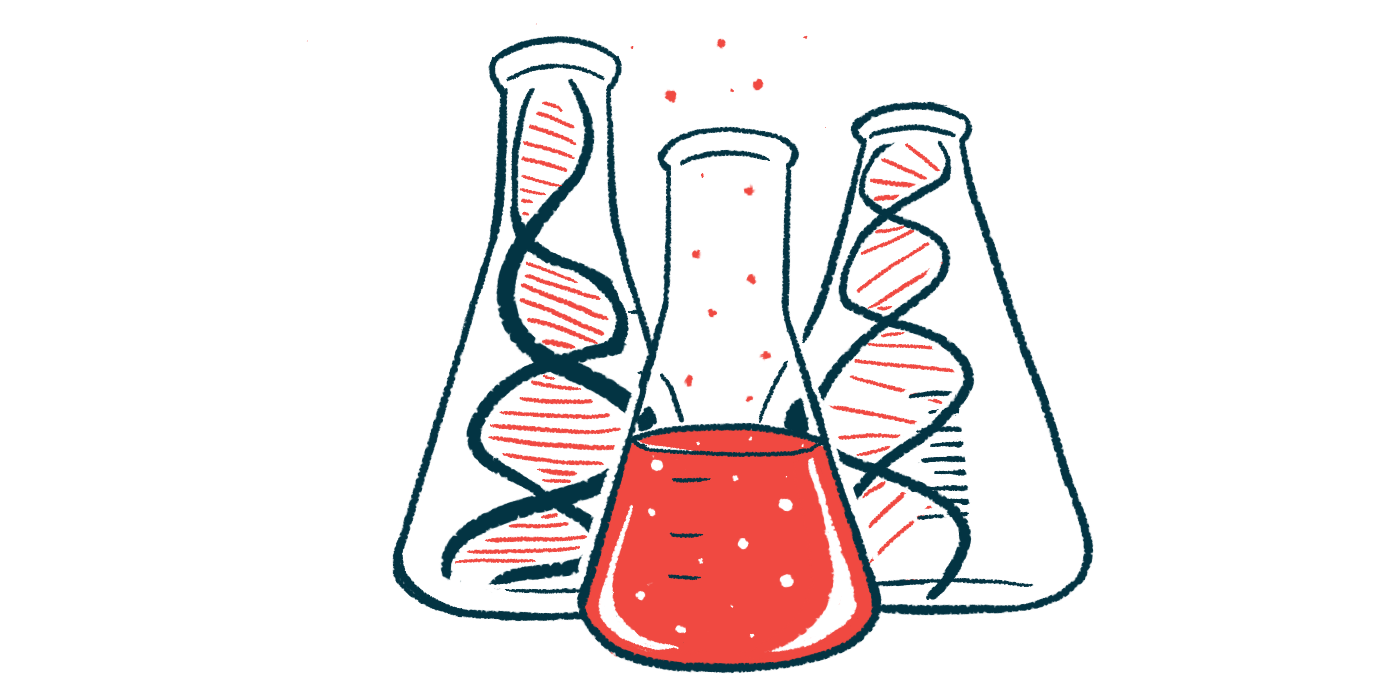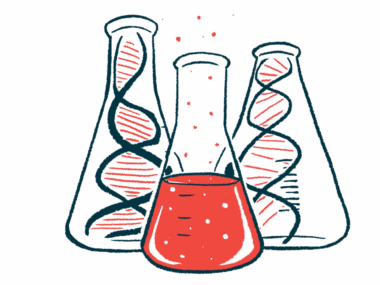LuGENE blood test may help personalize treatment for lupus
LuGENE uses artificial intelligence to predict flares, therapy targets
Written by |

Ampel BioSolutions is launching LuGENE, a blood test that uses artificial intelligence (AI) to look at a patient’s gene activity and predict when lupus flares are likely to happen and which medications could be most effective to keep symptoms in check.
LuGENE is currently available through the company-sponsored ReLATE study (NCT05845593), which is recruiting as many as 200 adult patients at two centers in California and North Carolina, and other study sites expected to open across the U.S.
“With so many patients experiencing a flare every year, and a high percentage of those cases so severe that they are hospitalized, this is a crucial tool,” Amrie Grammer, PhD, Ampel’s co-founder, president, and chief scientific officer, said in a company press release.
“With LuGENE, healthcare providers will be able to stabilize lupus patients faster than ever before, minimize the occurrence of disruptive flares and hopefully transform lupus to a chronic condition with increased quality of life,” Grammer said.
Treatment often entails a trial-and-error approach to find right medications
Treating lupus, an autoimmune disease that makes the immune system turn against the body’s own organs and tissues, often involves a trial-and-error approach to finding medications that may fail to settle down symptoms.
“Currently, there is no way to predict flares or determine which treatment is most appropriate for each patient, and in many instances it can take many years for some patients to find the most effective one to manage their disease,” said Peter Lipsky, MD, Ampel’s co-founder, CEO, and chief medical officer.
The LuGENE blood test could allow doctors to check for the presence of genetic biomarkers and predict how likely flare-ups are to happen. Flare-ups can be damaging to organs and often require hospitalization, which could be avoided with the right medications.
In a study with data from more than 2,000 patients with systemic lupus erythematosus (SLE), the most common form of lupus, machine learning crafted a model that was able to divide the disease into eight endotypes, or subtypes, based on genetic biomarkers.
These data have been detailed in a study, “Analysis of transcriptomic features reveals molecular endotypes of SLE with clinical implications,” which was published last year in the journal Genome Medicine. The study was conducted by researchers at Ampel, with funding from the RILITE Foundation.
LuGENE can identify the specific targets of therapies that are more likely to provide relief.
Endotypes differ in clinical features, outcomes, response to treatment
Patients in each of these endotypes differed in their clinical features, outcomes, and response to treatment, offering an explanation as to why the autoimmune disease is so challenging to manage.
The machine learning model was tested on 983 patients, who were not part of the initial datasets, to demonstrate that they could be classified into one of the eight endotypes. Each patient is given a score that tells how “off” their genetic profile is.
With the LuGENE blood test, that score can be used to check if lupus is under control. It can also pinpoint who is likely to experience severe flare-ups despite being on standard treatments, and who is likely to respond to specific medications.
“Healthcare professionals can now know whether a flare in disease activity [is] imminent and if the disease is not controlled. LuGENE can identify the specific targets of therapies that are more likely to provide relief,” said Lipsky, one of the study’s authors.
LuGENE yields results from blood sample within seven to 10 days
Using a small sample from a blood draw, LuGENE yields results within seven to 10 days, according to the company. The report includes a patient’s LuGENE score, the endotype they belong to, and the genetic profile of their immune cells.
“This approach could provide a real advance in personalized medicine for lupus patients,” said Orrin Troum, MD, of Providence Saint John’s Health Center in California, one of the sites expected to be part of the ReLATE study.
Ampel considered patients from all ethnicities to develop LuGENE and make it more inclusive, recognizing that lupus affects people from all backgrounds, even though it may manifest differently.
“As a lupus patient of mixed ancestry, I’ve experience long-term damage from standard treatments,” said Christine von Raesfeld, an NIH All of Us ambassador and founder of the patient advocacy organization People with Empathy. “LuGENE empowers patients to tailor their treatments, especially crucial for minority populations often underserved by current therapeutic approaches.”







